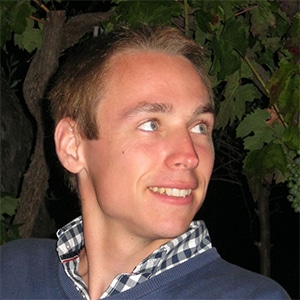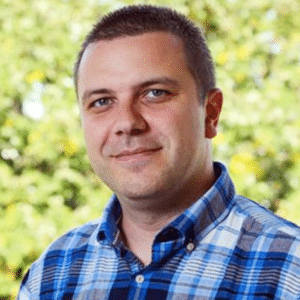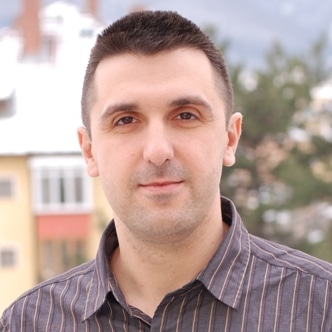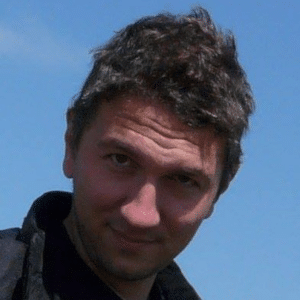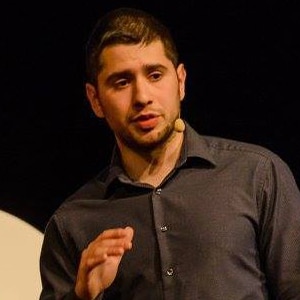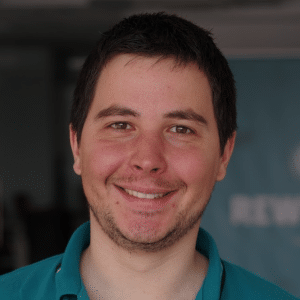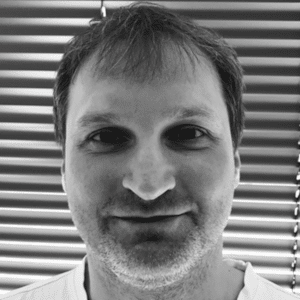
Siegfried Goeschl
Siegfried Goeschl is currently an ASF member, Apache Turbine & JSPWiki PMC (Project Management Committee). Over the last 10 years he was also Apache Commons Committer & PMC working on commons-email & commons-exec, Apache XML-RPC Committer, Apache Isis & JSPWiki mentor and Apache Maven contributor. He became involved with Open Source in 2000 contributing JUnitPP (one of the first JUnit extensions ever), got involved with Maven, confused with Jelly and wrote an Avalon container now being part of Apache Turbine (this makes him to the last Avalonier in this part of the universe). His professional interests are centered around writing server-side Java code, full-text search, performance testing, quality assurance and build management. If there is some time left besides his company, consulting work, Open Source software development and family he helps at the local Java User Group and organizing the next GDG DevFest in Vienna.
Come To The Dark Side – We Have AsciiDoc
Sometimes you have to join the Dark Side – temporally. Writing documentation and preparing presentations as software developer is bad enough but using Microsoft Office makes it unbearable. Be real – BLOBs shared over email, file system and/or Slack is a thing of the past. We want our stuff text-based and version controlled but sometimes Markdown does not cut it. But help is near – learn how to get an efficient work-flow using Sublime & Maven to generate beautiful PDFs and reveal.js presentations.
Kickstart Your Gatling Performance Testing
You think of using Gatling to run performance test? But got confused with Scala, DSL and documentation? This presentation shows how to write Gatling tests in your IDE, execute them on the command line and push them into your CI server of choice. Afterwards we discuss a few of Gatling’s feature such as injection profiles, scenario implementation, test configuration and last but not least debugging your Gatling scripts.


